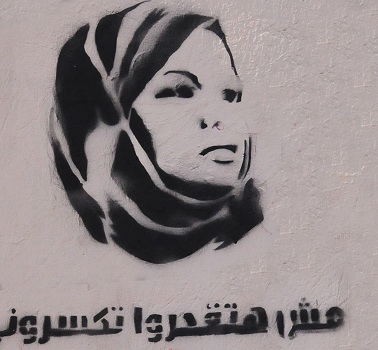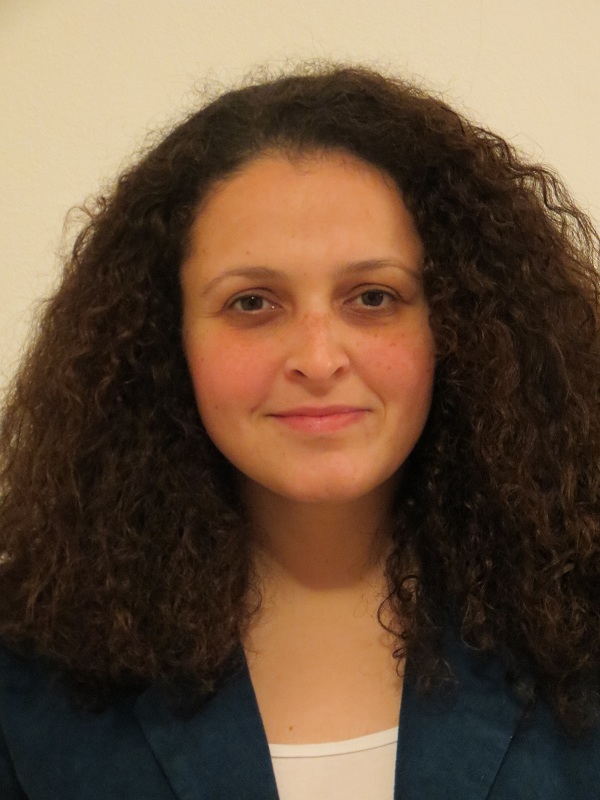
Judges and the Rule of Law
The list of journalists, talk-show hosts and members of the media who have been investigated regarding allegations of insulting the judiciary may reach thirty-eight individuals.
Of course, nobody wants the judiciary insulted. But this is not exclusive to judges or any other profession whether it be journalism, law, medicine, engineering or otherwise. Insults are not conducive to discussion. However, what is the intent of these insults? And what is the standard on which we can base our measurements?
I understand that libel and defamation are clear and accurately definable. But, how about insults? What are the boundaries between criticisms and insults?
What are phrases are considered criticisms and what phrases are considered insults? If we wanted to categorise them, it would be difficult to find clear and distinct differences.
Due to the nature of the roles played by religious men and judges in society, they must enjoy independence and respect in order to be able to carry out their roles without undue influences and pressures that could lead to decisions that impact the entire society and fates of its members.
However, when a judge or religious man enters the realm of politics, he voluntarily renounces this special dispensation and accepts that his opinions may be subject to contention, criticism and even refusal and ridicule. These actions do not reflect upon the judge or religious man as a person but rather to the position or stance that he is expressing as a political actor. For without this contention, politics loses its meaning and becomes mere hypocrisy. Is this logical and undisputed? I think so.
The reports, in which more than one thousand judges have accused journalists and members of the media of insulting the judiciary (or of remaining silent while their talk-show guests did so), and the investigation – which we assumed to be just and transparent – will establish whether or not the accusations of insulting the judiciary are correct and deliberate. To date, the accuracy of the accusations has not yet been established.
All of the above is an introduction to an important question: Are judges above the law? Is it right to investigate a journalist or a member of the media regarding allegations that he or she insulted the judiciary, when there is no investigation of the facts that have established that some judges have violated the law?
The response is no. Judges like everyone else are subject to the law; in fact, they ought to be role models of respect for the law. Why then, are there no investigations of judges violating the law?
Why haven’t Ashraf Al-Ashmawy and Samih Abu Zaid been investigated? They are the judges charged with investigating the foreign funded NGO case.
Though it is not permitted for judges directing an investigation to come out and publicise any facts or decisions relating to an undecided case, in a press conference held by Al-Ashmawy and Abu Zaid in February 2012, they disclosed unproven actions and attributed them to a civil society institution. If these actions were found true, this institution would have been subject to legal punishment.
It is surprising, however, that this institution has not been investigated or faced any accusations. To date it is not even amongst the institutions or individuals that have been prosecuted.
So, who holds these two judges accountable for violating the principles and sanctity of justice by holding a press conference in which they decided whom the guilty party was prior to receiving the decision of the court?
Who holds these two judges accountable for challenging the credibility of a civil society institution by publicly attributing actions to it, when it has become clear that these actions were mere accusations?
Who will encourage complaints against these two judges as the months pass? Who will await an apology from the judges, for the injustice done to the institution whose credibility was challenged? Until we are confident that judges are not above the law, who will direct the investigation of this injustice? Those affected by it have the right to an investigation and the Supreme Judiciary Council has an obligation to investigate.
For all those complaining about any judge, do so not because it is your right but so that people may have confidence that doing so presents a model of respect for and equality before the law.



